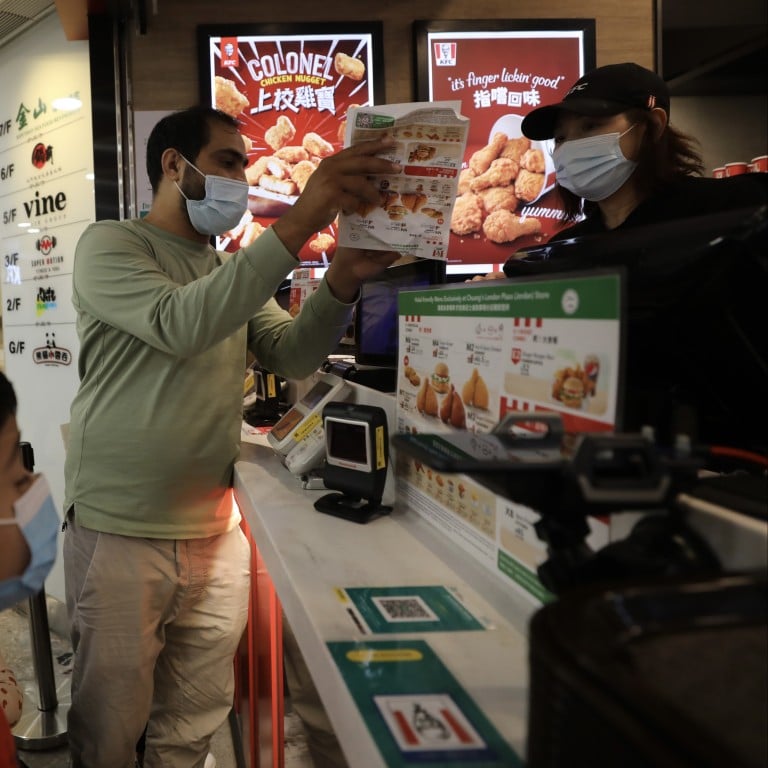
Letters | Hong Kong is trying to be more Muslim-friendly. Here’s how it could do better
- Readers discuss progress in addressing the needs of the city’s Muslim population, and air pollution from construction work
It is with great satisfaction that I witness Hong Kong finally addressing the needs of its Muslim population.
One critical aspect that requires attention is the misconception that pork-free food automatically qualifies as halal. Halal requirements encompass the sourcing, preparation, handling and serving of food according to Islamic dietary rules. Restaurants offering halal food should obtain proper certification.
During the holy month of Ramadan, when Muslims in Hong Kong fast for about 13 hours a day, there were limited halal-certified dining options in the city. To my knowledge, not a single hotel in Hong Kong offered a halal buffet dinner where Muslims could go to break their fast, or invite their friends, unlike in neighbouring countries where indulging in hotel iftar buffets is a common practice.
The Hong Kong Tourism Board has taken steps to better educate the local industry on Muslim dietary requirements through briefings. The city is also working on developing an improved halal accreditation framework.
This proactive approach is encouraging, especially as Hong Kong aims to attract more travellers from the Middle East, a strategic region in terms of tourism and investment. The Tourism Board could set up a working group dedicated to making the city a top Muslim-friendly travel destination in the region.
In the meantime, despite having a small Muslim population, South Korea aims to tap into the demand for halal products, driven by the influence of Korean pop culture in Southeast Asia and the interest in Korean cuisine. The country’s government has been supporting businesses in this endeavour by providing help such as food ingredient analysis, subsidies for certification fees and promotional events.
South Korean companies, including food giants like Lotte Foods and CJ CheilJedang, have already introduced halal-certified products to cater to Muslim consumers. Despite some challenges, there is optimism about the potential of the halal market in South Korea and the opportunities it presents for cultural exchange and tolerance.
Ilnur Minakhmetov, Yau Ma Tei
Check air quality near excavation work
I am concerned about the exhaust fumes that seem to be generated by the excavation work being undertaken in proximity to the eastern entrance to One IFC. These fumes have on a number of occasions blown through the overhead walkway. Although this is wind-dependent, it is pronounced enough that one can detect the pollution.
I hope the Environmental Protection Department can look into this and see that the fumes are contained.
Ken Mortell, San Po Kong

